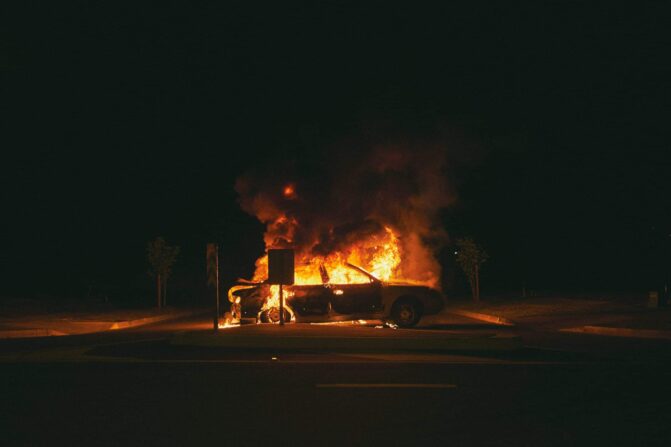Well everything comes around in circles. The Fire Brigade over the last 40 odd years have had a lot less to do, homes no longer heated with coal, candles are pretty much a thing of the past, all bulbs are low voltage LED, home appliances are much safer and all monitored with RCDs, smoking has diminished and health and safety laws are going a long way to make what we do safer. Domestic furnishings are flameproof, so, that has to result in a lot less calls and a reduction in the number of Firefighters (oops nearly said Firemen) employed.
So EVs burning is creating new vacancies - so we are supporting our fire services. The fact Lithium fires take (its alleged) 10 times longer to extinguish I suspect its probably something to do with risk assessments and safe systems of work, the on site H&S staff doing a dynamic risk assessment, dotting the I's and crossing the T's - meanwhile the blaze is naturally coming to an end due to the protracted time it takes for a firefighter being deployed to fight the fire.
We really don't know the effects age will have on battery packs except they will suffer with degradation - only when we have millions of very old EVs in a scrapyard will the real risks and propensities become known, plus recycling of batteries I suspect will be a whole new industry.
You don't hear a great deal about the fire service anymore and therefore I don't know a lot about them, the last time they were prominent in the news was when they were striking, personally I think they are seriously underpaid for the job they do and the risks they take.




